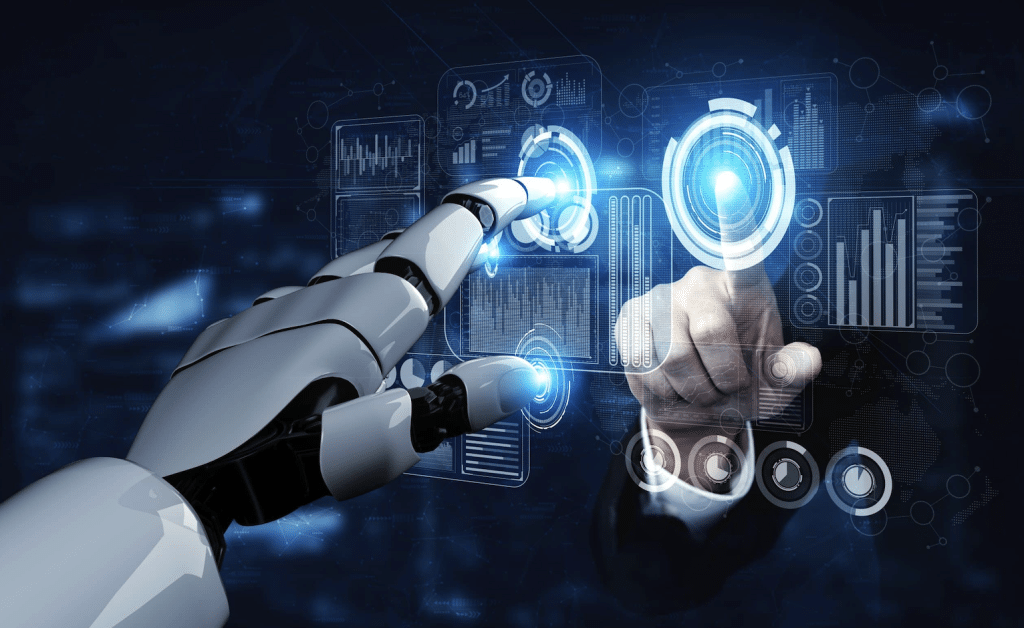In this blog post, we delve into a perplexing question: Why is Sam Altman, the founder of OpenAI, championing the development of Worldcoin, a system aiming to distribute cryptocurrency worldwide, but at the cost of requiring users to scan their eyes with an orb? This move raises pressing ethical and privacy concerns, seemingly contradicting Altman’s vision of harnessing artificial intelligence for the greater good while avoiding harm or inequality.
The Mission of OpenAI
Let’s start with some context to comprehend the problem at hand. OpenAI, created by Sam Altman, is a trailblazing nonprofit with lofty goals of developing safe and helpful artificial intelligence. Sam Altman, the creator of OpenAI, has described this goal. Altman’s dedication to developing AI that protects humanity’s interests is admirable, and he has received considerable acclaim in the tech industry.
Worldcoin, on the other hand, is a notion strongly associated with Altman that aims to distribute crypto internationally. While OpenAI works to guarantee that AI helps humans, Worldcoin’s method is intrusive, requiring biometric data-collecting via an orb. The glaring contradiction between OpenAI’s objective and Worldcoin’s intrusive methods calls for further investigation.
Understanding Worldcoin’s Ambitions
Worldcoin, on the other hand, is a cryptocurrency system that aspires to democratize access to digital currency worldwide, regardless of income or geography. As admirable as this goal is, it raises questions owing to the very intrusive obligation it puts on users – scanning their eyeballs with an orb. Worldcoin believes this approach is necessary to avoid fraud and guarantee everyone gets their fair portion of the digital pie.
The risks associated with Worldcoin are far from insignificant. The privacy and security of users are at stake. Users’ privacy and security are jeopardized. Users’ biometric data is vulnerable to theft and fraud. It may also erode democratic systems and human rights, allowing authoritarian governments and malicious actors to exploit or manipulate them. These are not hypothetical issues; they are genuine risks.
Furthermore, the introduction of Worldcoin may unintentionally aggravate social and economic inequality. It runs the potential of establishing a new digital divide, separating those who have access to orbs from those who do not. This division may perpetuate inequality in access to assets and possibilities, undermining cryptocurrency’s original purpose of financial inclusivity.
Altman’s Motivation Under Scrutiny
This calls into doubt Sam Altman’s motivation for spearheading Worldcoin. Is he misinformed, hypocritical, or just taking advantage of an opportunity? Altman’s assertions about Worldcoin being a humanitarian effort focused at alleviating poverty are received with skepticism. Is he more concerned with earning from the bitcoin market, increasing his power, or toying with techno-utopian ideals than with actually improving humanity? These problems raise doubt on Altman’s trustworthiness as an OpenAI leader.
Controversy surrounds Sam Altman’s assertions that Worldcoin is an initiative to alleviate poverty. Whether Altman is truly philanthropic or just naive, hypocritical, or motivated by opportunism is a subject of debate among critics. Some claim that he might not completely understand the implications of gathering biometric information from millions of people or how Worldcoin could be used for evil.
A Call to Action:
Is Worldcoin, with its intrusive nature, a deception for OpenAI’s man-made intelligence reconnaissance desires? This question merits thought. Particularly taking into account Altman’s vision for OpenAI. Likewise, pair is the nearby association between Worldcoin and Tools for Humanity, an organization established by Altman himself.
Considering these worries, we should stay careful about projects like Worldcoin and comparable initiatives. We should consider pioneers like Sam Altman responsible for innovation’s moral and dependable utilization, mainly when their activities seem disconnected from their expressed standards.
Conclusion:
It becomes apparent that Altman’s association with enabling an intrusive framework like Worldcoin raises significant worries. The inconsistency between his administration at OpenAI and his part in Worldcoin justifies a closer assessment. Using basics, we should underscore moral and mindful innovation, especially in artificial intelligence.
Increased mindfulness and investigation of undertakings like Worldcoin are pivotal. Could it be said that we are seeing an inconsistency in values or a visionary endeavor to reform the world? The answer lies in the shared awareness of the people who esteem security, uniformity, and capable technological advancement.

